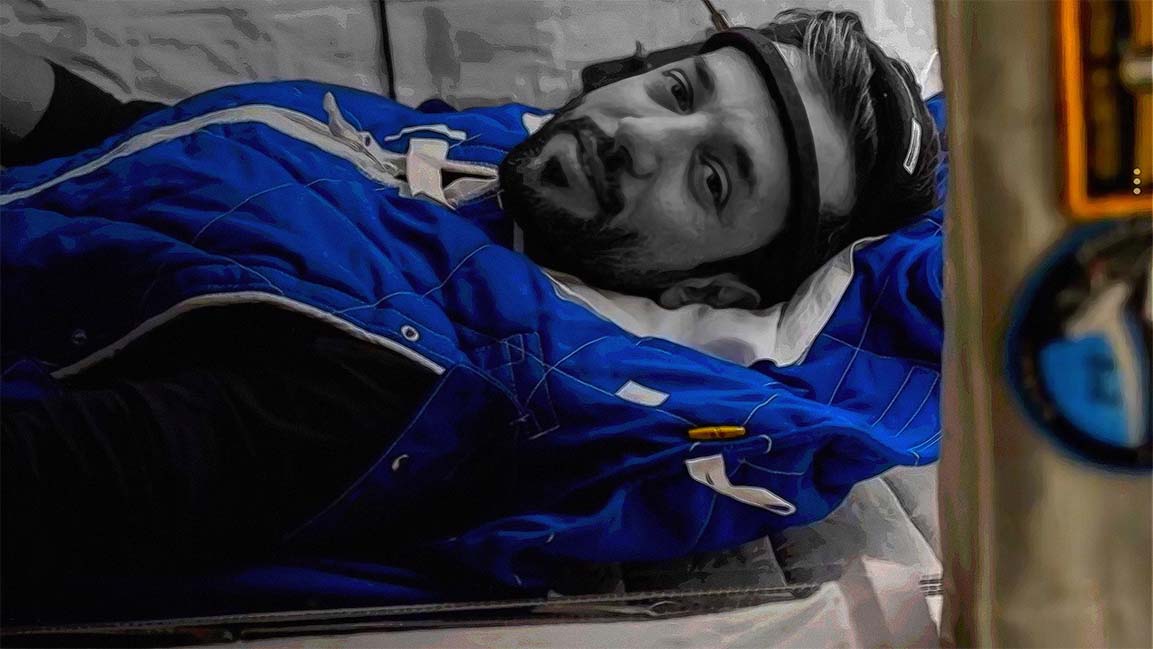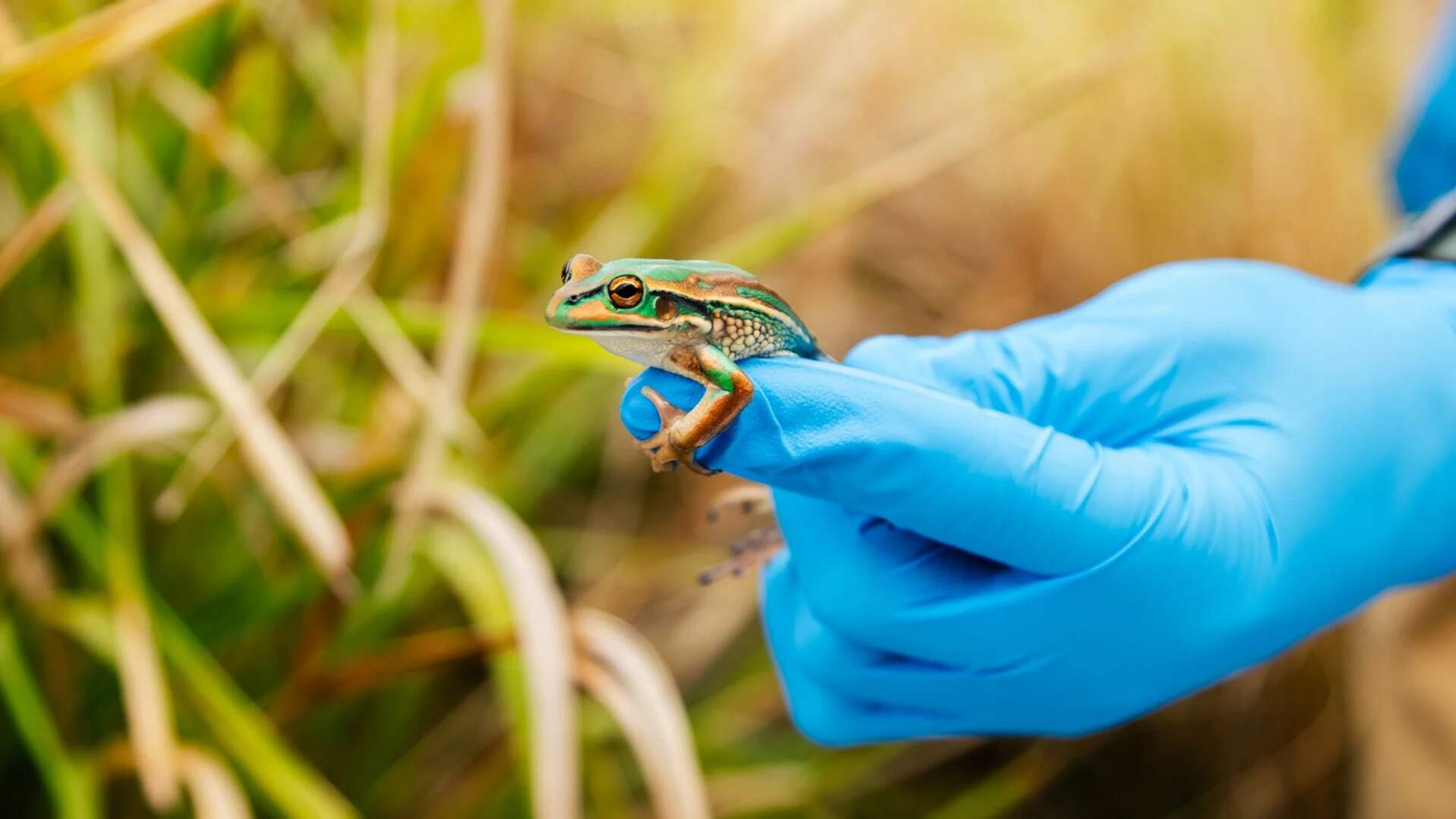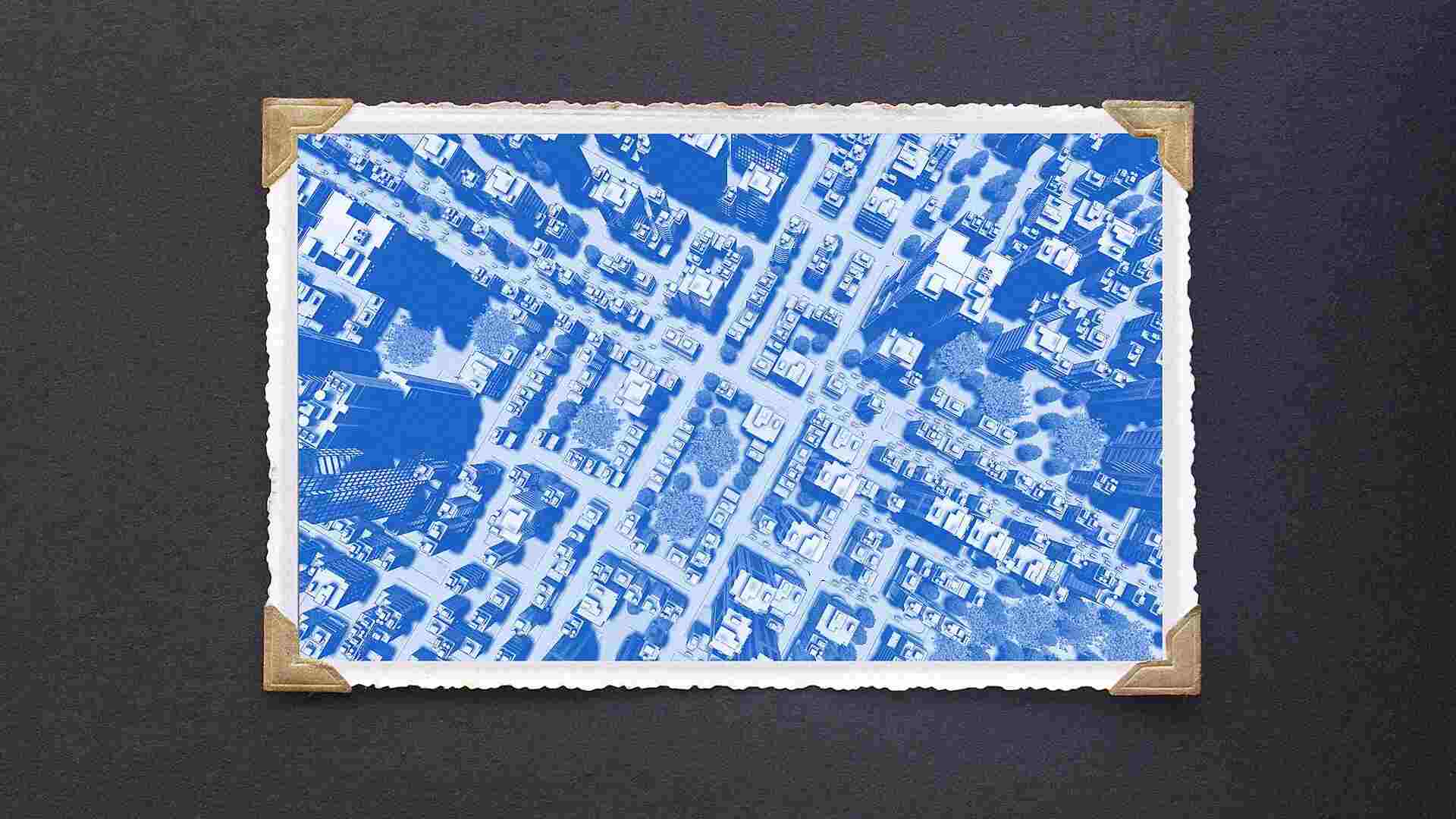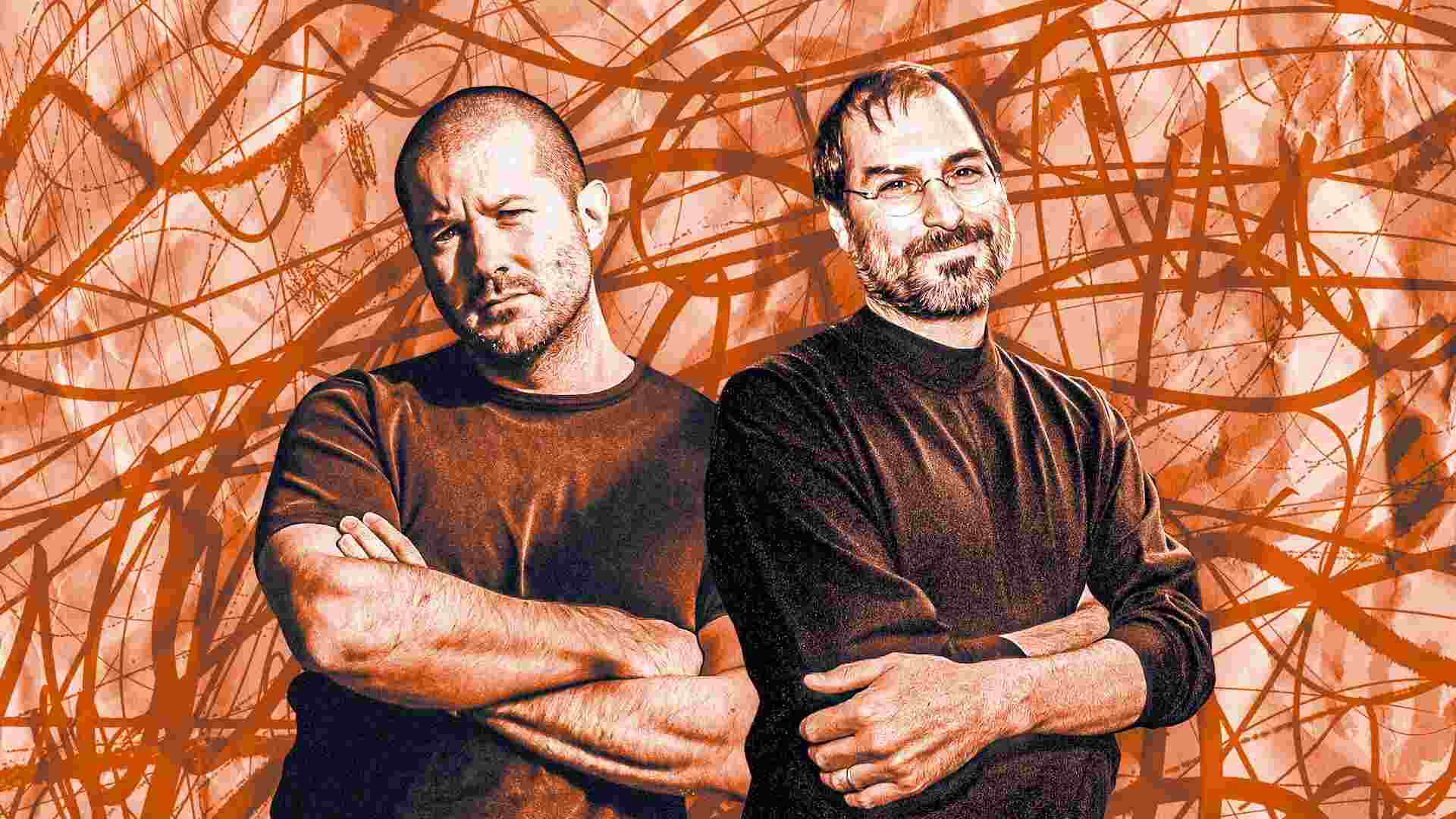- | 2:00 pm
Sleeping in space is hard. Sultan Al Neyadi completes experiment on ISS to help astronauts
The astronauts are studying the sleep patterns of astronauts and the effects of microgravity on their brain activity while sleeping.

Now accepting applications for Fast Company Middle East’s Most Innovative Companies. Click here to apply.
NASA researchers have studied what happens to the human body in space from the lack of adaptation to microgravity. But what effects does microgravity in space have on sleeping humans?
Life on Earth has evolved to adapt to the 24-hour cycle of light and dark that stems from the planet’s rotation. But for astronauts, these factors are disrupted during long-term spaceflight. Astronauts witness 16 sunrises and sunsets each day. Is it little wonder that most astronauts complain of problems sleeping while in space?
Recently, emirati astronaut Sultan Al Neyadi completed the Dreams experiment on the International Space Station (ISS), a study in sleep science and space research.
The Dreams experiment was conducted with the European Space Agency, the French space agency CNES, and Toulouse University Hospital.
The astronauts are studying sleep patterns and microgravity’s effects on their brain activity while sleeping.
In a photo he tweeted in early April, Al Neyadi was seen wearing the dry EEG (electroencephalogram) headband, which is used to capture a range of sleep-related data, such as sleep cycle durations and heart rate variations, and measure electrical activity in the brain.
Aboard the space station, astronauts’ sleep patterns are routinely disrupted as they witness 16 sunrises and sunsets each day, disrupting the natural day-to-night cycle.
The study aims to help develop therapies for astronauts to improve sleep quality during space missions. It monitored astronauts’ sleep quality during long-duration spaceflight missions aboard the ISS. It also aimed to analyze the effect of cognitive behavioral therapy to reduce stress and help astronauts to fall asleep.
“This research helps us learn more about sleep disorders in humans and the health problems they experience on earth,” Al Neyadi said.
Adnan Al Rais, Mission Manager of the UAE Astronaut Program, noted it as a crucial step in “understanding the human body’s adaptability in space.”
“The knowledge we gain here is instrumental to the success of future long-duration space missions, including trips to the Moon and Mars. We are incredibly proud of the contributions made by the UAE towards the international space community.”
The experiment’s outcomes will add to the collection of hypnic and neuroscience data on the ISS, which the scientific community will further study. The experiment aligns with the Mohammed Bin Rashid Space Centre’s commitment to advancing the understanding of the challenges and complexities of human space exploration.































